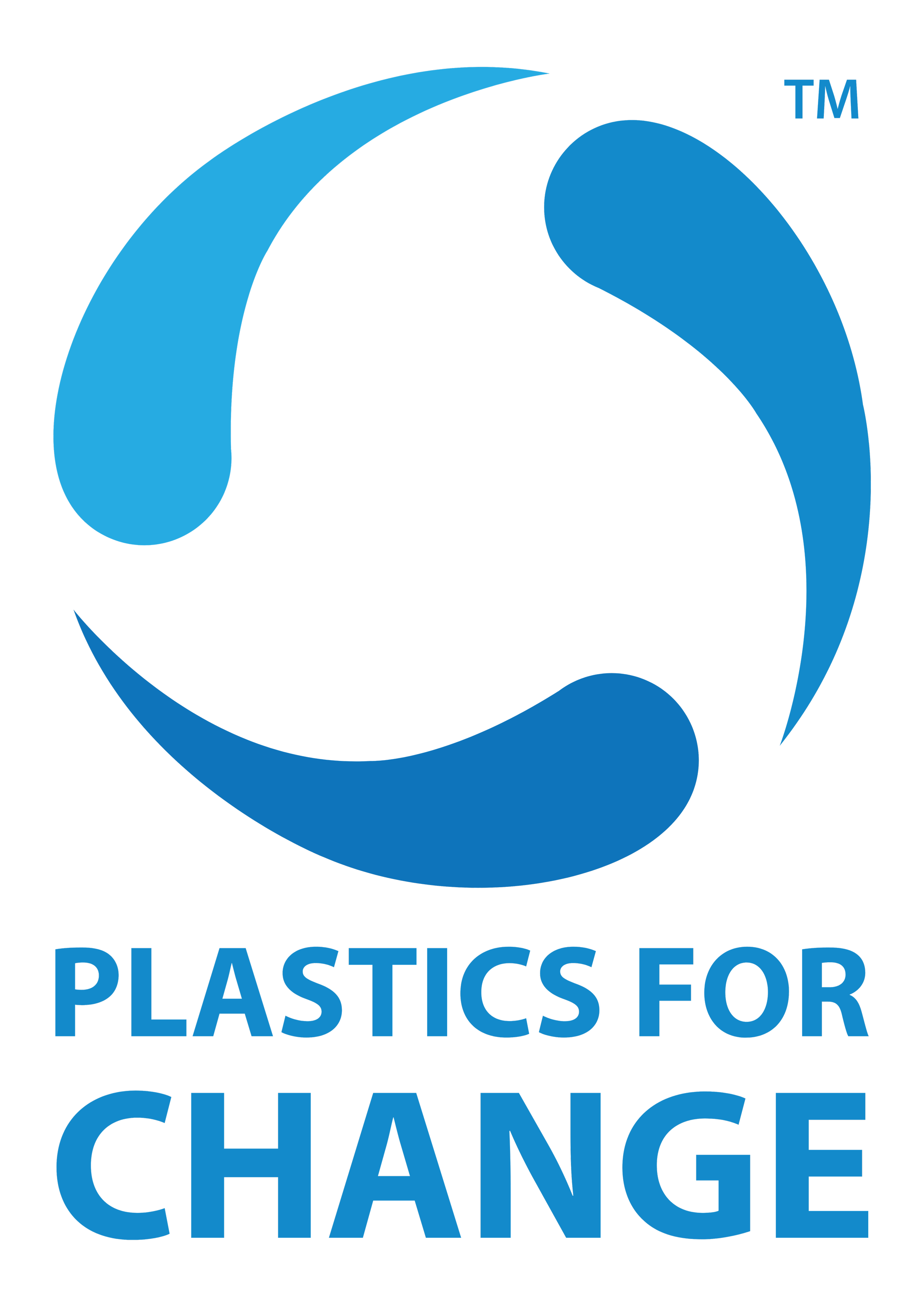Turning Sustainability Regulations Into A Competitive Advantage
The new EU regulations have large penalties for companies that fail to implement human rights compliance through their supply chain.
We at Plastics For Change are working to create a bulletproof shield to ensure compliance with all current and future regulations.
Here are just a few regulations that procurement managers need to be aware of.
Corporate Sustainability Due Diligence Directive (CSDDD).
Fines up to 5% of the review for failure to report the potential for human rights infringements in the supply chain.
European Sustainability Reporting Standards (ESRS)
Expands a company's mandatory reporting boundary to its entire value chain.
Corporate Sustainability Reporting Directive (CSRD)
Companies take responsibility for their environmental and social impacts as well as those of their suppliers.
Modern Day Slavery Act
Up to two years imprisonment or a 20 million Euro fine.
Green Claims Directive
Fines up to 3% of revenue for claims not supported by verified data.
Global Plastics Treaty
175 nations have signed a declaration to create a legally binding treaty by 2025.
EFSA 1616/2022
Ensure 95% food contact in beverage bottles, traceability, and source segregation.
Our strategy for ensuring compliance
Plastics For Change has been working to build fair trade verified compliance standards working with the informal sector since 2015. We have three main components of our compliance strategy.
1. Strong on-the-ground presence.
The Plastics For Change team is actively engaged with the supply chains where we operate. Plastics For Change has 3 social service workers in each community and 1 sourcing associate for every 15–30 scrap shops to ensure compliance with the WFTO and OBP verifications. Each supply chain has at least one person working full-time to ensure compliance with the fair trade standard. "Boots on the ground" is needed to build trust and cooperation with the scrap shops we serve
2. Data capture and confirmation
Our app helps to build transparency and accountability in the supply chain. We incentivize the informal waste economy to achieve fair trade compliance through our app’s incentive system. All the buy & sell transactions are logged to ensure transparency and fair payment. So far we have captured over over 850k data points.
3. Third-party verification
Plastics For Change partners with third-party auditors to certify the supply chains. In 2022, we conducted eight third-party audits to ensure the legitimacy of our claims for social and environmental governance, including with the WFTO and Ocean Bound Plastic.
In the realm of sustainability, Plastics For Change exemplifies a proactive approach to compliance. Focused on addressing plastic waste and its impact on the environment, we navigate the intricate landscape of EU sustainability regulations. Our strategy involves establishing a strong presence in the communities in which they operate, with dedicated personnel ensuring compliance with fair trade and environmental standards. Partnering with third-party auditors adds credibility to our sustainability claims, and our commitment to traceability as well as source segregation resonates with the ESRS's emphasis on comprehensive reporting.
Our brand partners are gaining a complete advantage while also creating a social impact through recycling.
Buy our Fair Trade Recycled Plastic today!
